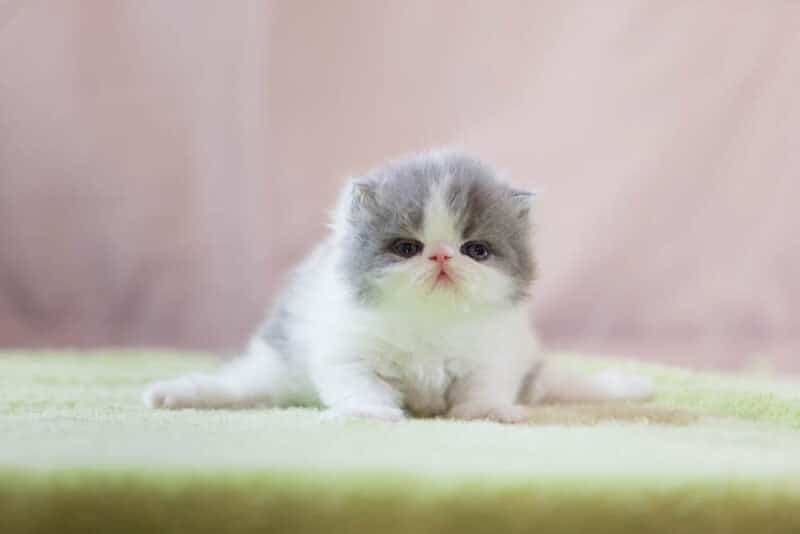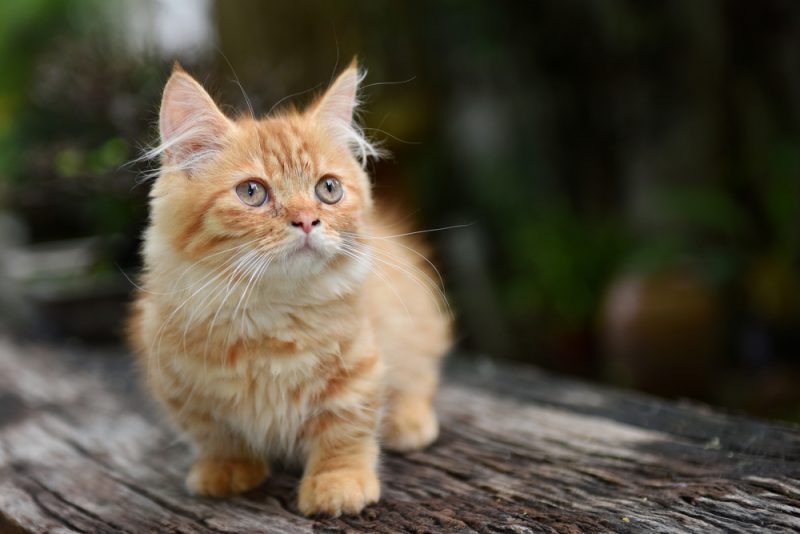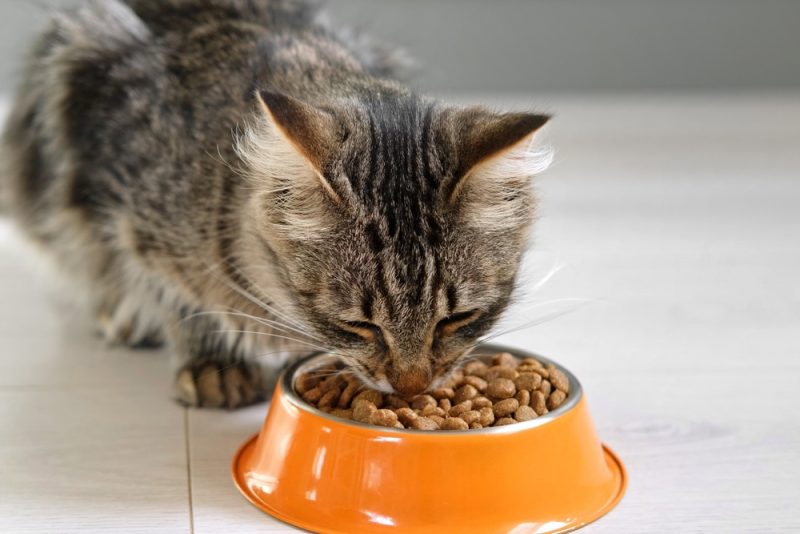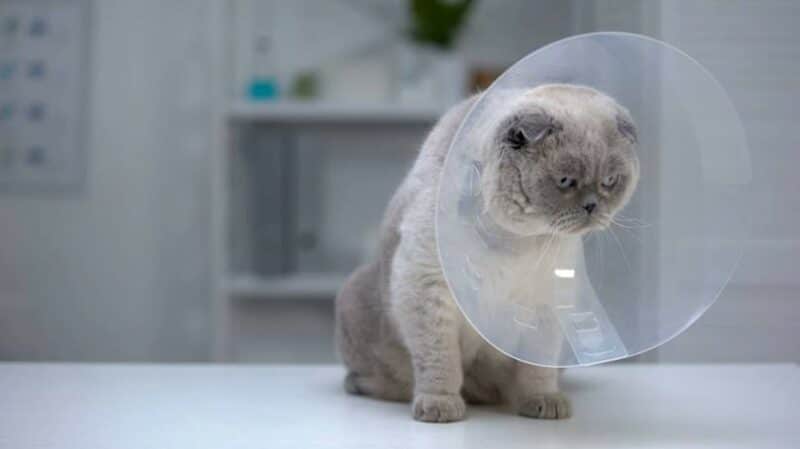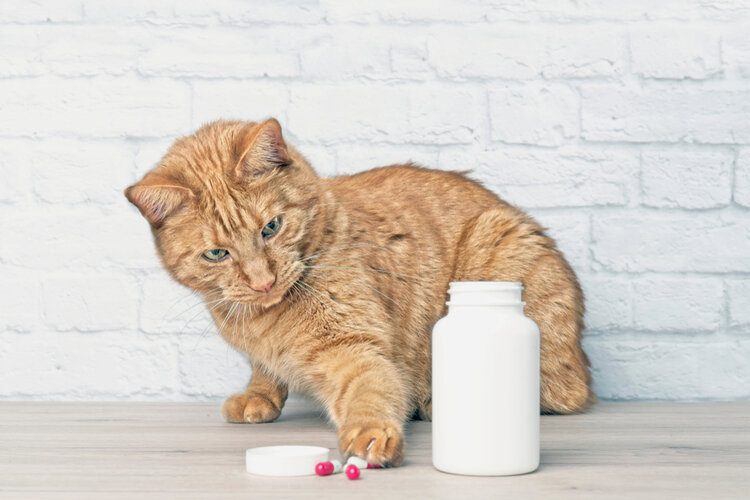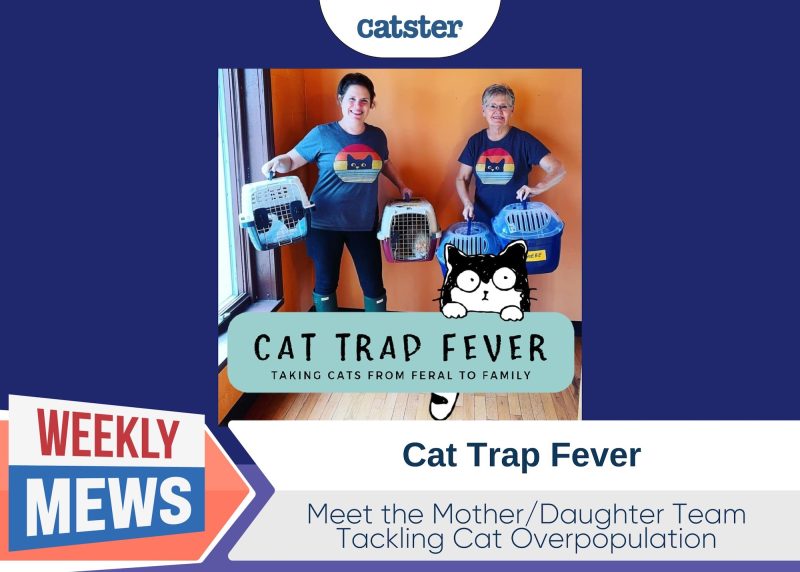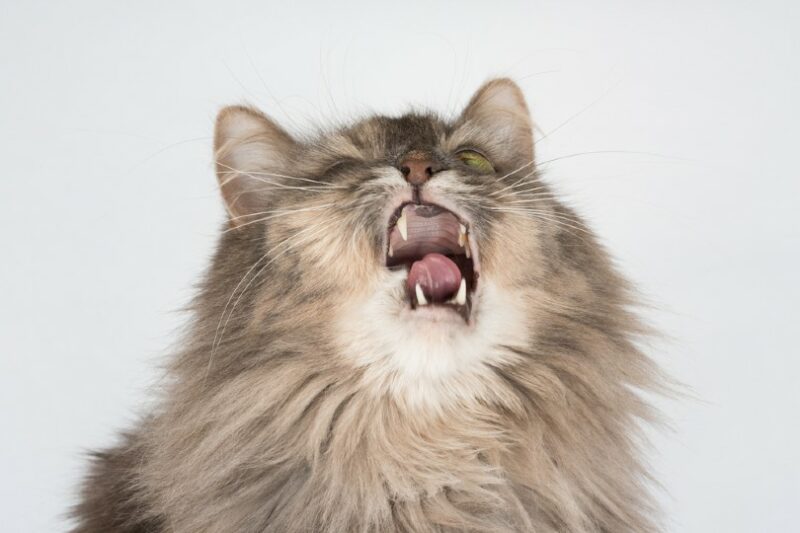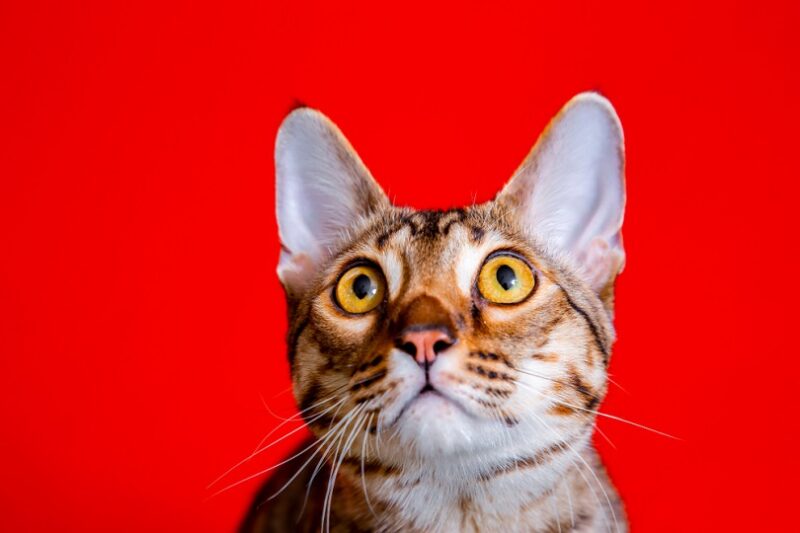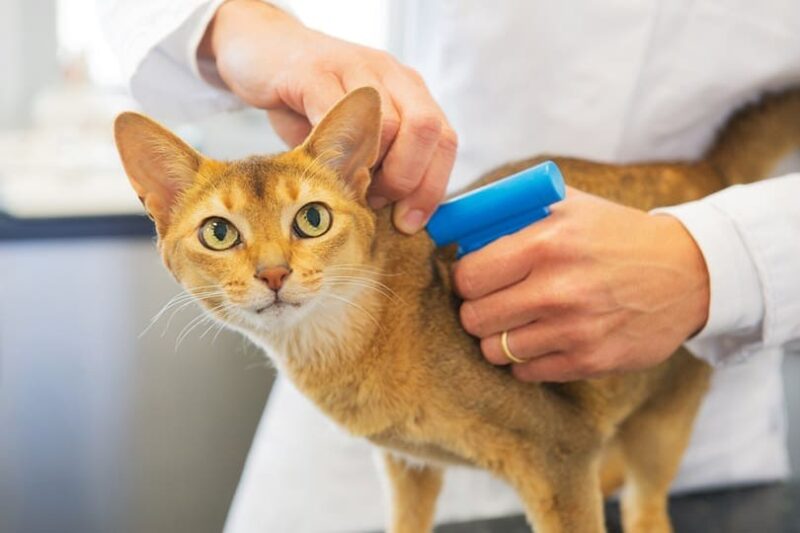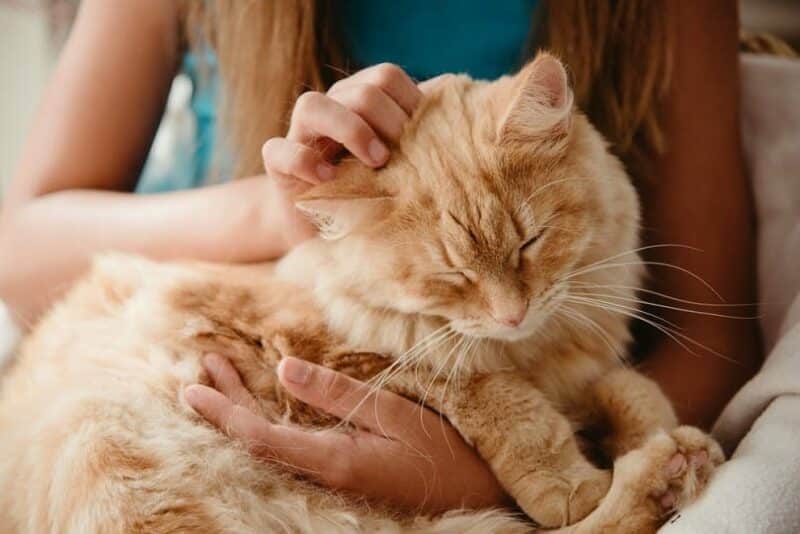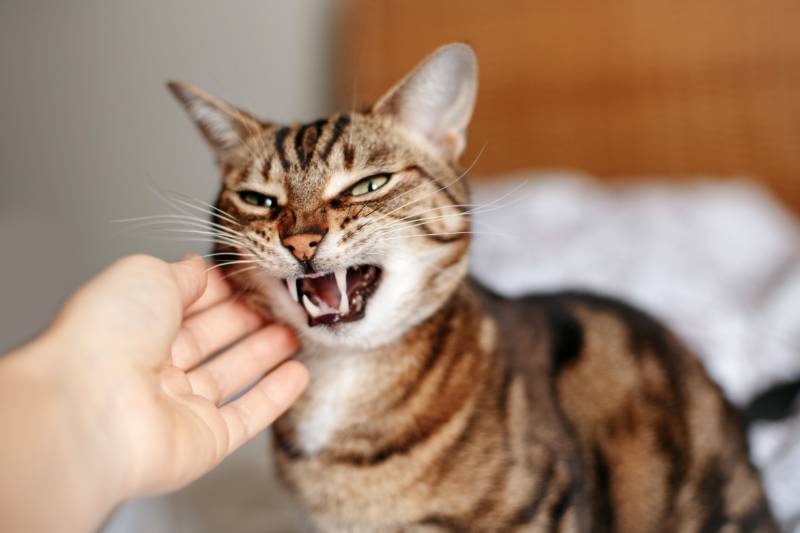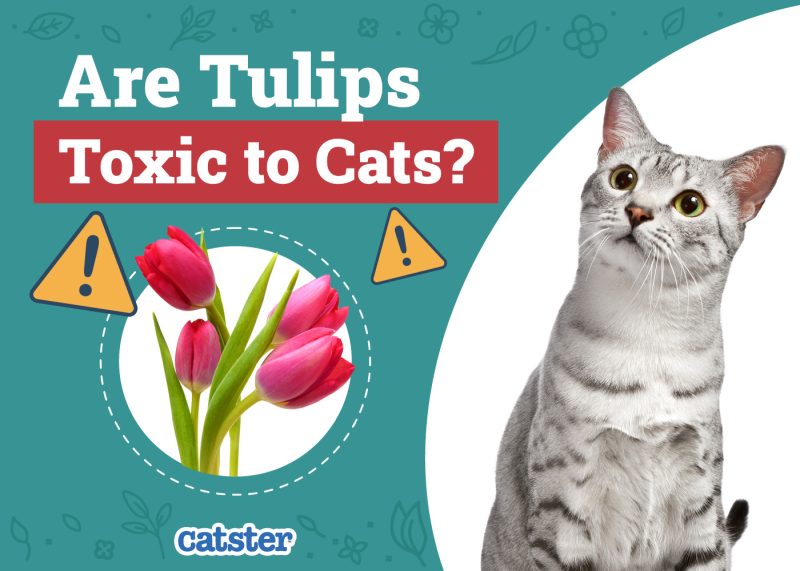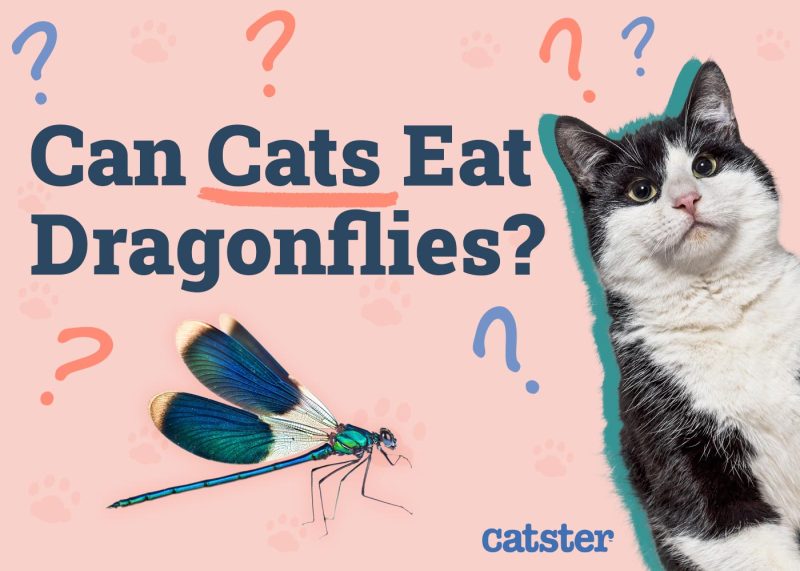In this article
The veterinary profession is not for everyone. While a lot of people have a passion for animals, only a few can combine that passion with medical education and years of training. But veterinarians love what they do, even when challenging or heartbreaking situations arise.
Merck Animal Health’s latest study in collaboration with the American Veterinary Medical Association (AVMA) in 2024 set out to examine for the fourth time the mental health and well-being of veterinary professionals in the U.S., as well as how they manage stress and receive support.1 Awareness of how these professionals promote their mental well-being shows a positive change in the veterinary field.

Stress Among Vet Professionals
It is now understood and recognized that the stress of the veterinary professionals can be overwhelming. Compassion fatigue takes a toll on many vets because they empathize with worryness and suffering of owners and animals to a degree that it can be harmful for their well-being. They need to make difficult decisions every day concerning these patients. While many decisions result in pets recovering and leading happy lives, some medical situations cannot be resolved.
Pets do suffer from serious medical conditions or even pass away, and that is always extremely upsetting. Owners’ financial or personal problems can result in a pet not receiving the treatment they should. Plus, it’s hard to be the bearer of bad news. These professionals often become targets of their anger and sadness at losing a pet.
In 2019, the JAVMA (Journal of the American Veterinary Medical Association) published the first study examining mortality rates among veterinarians in America.2 The study analyzed more than 11,000 veterinarian deaths that took place between 1979 and 2015, showing nearly 400 veterinarians died by suicide during that period. This saddening statistic emphasizes that more should be done to protect the mental health and implement suicide prevention strategies for the individuals in this field.

Uplifting Their Mental Health and Well-Being
While the 2024 report outlined the issues surrounding the mental well-being of veterinarians, it is important to highlight the positive aspects of the study. The study had “a nationally representative sample of 4,636 veterinarians in the U.S., both practitioners and non-practitioners.” It is encouraging to see that a far greater number of practices are implementing changes to address team culture, well-being, and mental health.
Almost 100% of the veterinarians noted that they are invested in their work and are proud of what they do. Additionally, over 90% of other veterinary team members felt similarly. Knowing that so many vets (80%) believe that their work makes a positive contribution on other people’s lives is encouraging.
Surprisingly, even though most vets are committed to their profession, less than 50% of veterinarians felt that their colleagues are satisfied with their careers. Merck suggested that the low percentage could indicate a need for more communication among vets.
Improved Communication Leads to Better Mental Health
While veterinarians take great pride in their job, they are not unaware of the stress that comes with it. Fortunately, resources for increasing mental health, support groups, and mentor programs are becoming more available, and it is known that communication can play a substantial role in how the vets can get help as well as help themselves. More vets are receiving outpatient counseling to address issues concerning compassion fatigue, burnout, and depression. Counseling can be a major factor in bettering one’s mental health.
Since veterinary professionals are more aware of communication, according to Merck’s 2024 report, 38% of clinics offer an employee assistance program (EAP), a 10% increase from 2019. Additionally, 36% of veterinary teams have open discussions on the well-being of their team members.
While there is room for improvement, this is a step in the right direction. Open and honest communication is essential in identifying issues before they get worse, and the report showed that over three-quarters of veterinary team members feel they have a supportive and friendly working environment with their co-workers.


Final Thoughts: Support Veterinarians
Past studies painted the startling reality of veterinarians’ mental health. However, some incredibly positive changes have been made to address and assist with these challenges that DVMs, vet techs, veterinary assistants, and everyone working in the pet health offices deal with daily. NOMV (Not One More Vet) and Vetlife are among the organizations that are helping vets worldwide. These dedicated professionals take great pride in what they do, and having mental help resources will only benefit them and others entering the field.
You may also like to read:
- A Day In the Life of a Veterinarian: What Goes On Behind the Scenes
- Heroes of the Pet World: New Era Veterinary Hospital
Featured Image Credit: PeopleImages.com – Yuri A, Shutterstock


